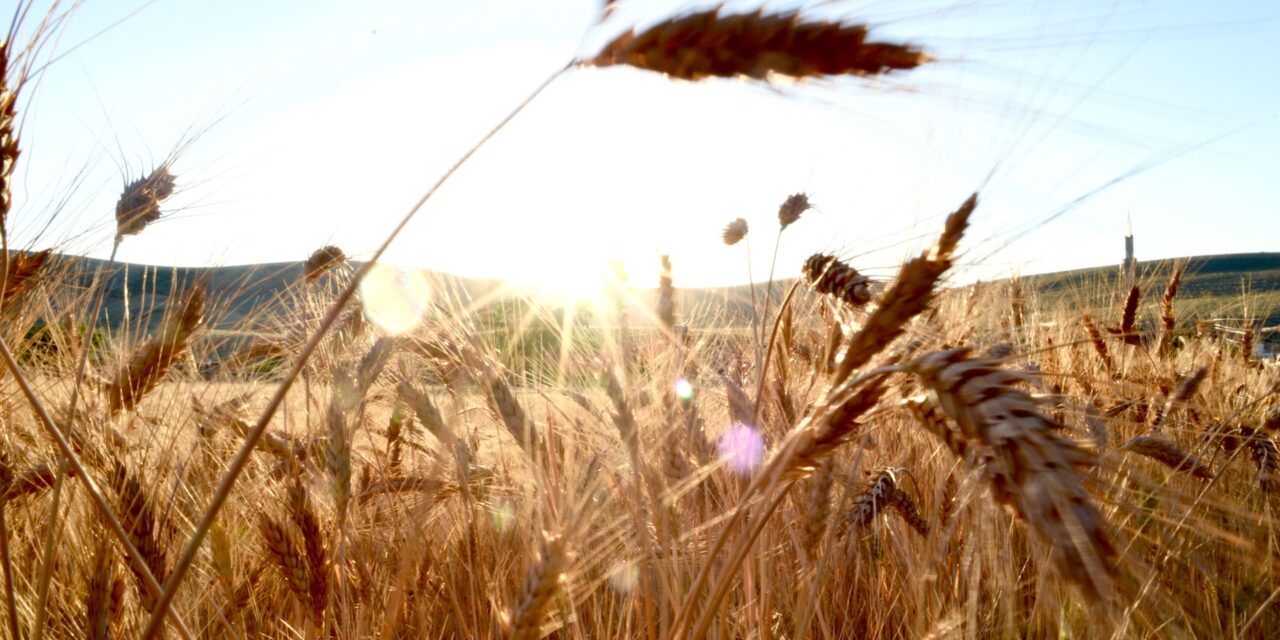At the end of June, The Seattle School will conclude a year-long celebration of our 25-year anniversary. This year we celebrate God’s faithfulness and the resilience of our mission over the past 25 years—God’s guidance in tumultuous times (of which there have been many), and God’s blessing as we have grown and matured as a community. We celebrate important milestones, like the acquisition of Christ & Cascadia in 2020, and many others.
Our theme for this year of celebrating and imagining what is to come has been “Looking Toward Jubilee.” Biblically, the practice of Jubilee is discussed in Leviticus 25. It occurs after seven cycles of sabbatical years, which means it happens every 50 years.
When I think of Jubilee, I imagine celebration and rejoicing in the abundant provisions of God. It would be a year-long sabbatical of release and rest. However, while Jubilee centers celebration, the biblical practice also invites us to consider the necessary and difficult work of inviting restoration. We chose this theme in the hopes that we would do more than celebrate, that we would be inspired to imagine a future as an institution that involves the healing and rebuilding of not only our community, but also all the communities touched by the lives of our students, staff, and alumni.
In ancient Israel, the Jubilee year involved allowing farmlands to lay fallow (rest), the return of property to its original owners (reclamation), and the freeing of slaves (liberation). While this collective release would be a joy and grace to receive, it also would demand something of us to give. It would have disrupted the notion of individual rights, exclusive ownership, elite status, and separate living. Moreover, the practice of Jubilee would have encouraged a community of reciprocity and mutuality, and reminded people that all belonged to God and they belonged to each other. Those who had gained from the loss of others had to return what was held, and those who had their possessions returned had to accept them with grace.
I have always wondered how it would feel to give up possessions that my family had earned. What would it feel like after 49 years to return what was lost, to forgive what was owed to you, and restore the relationship from injuries you did not cause? It seems that it would require a particular way of viewing life that emphasized the sacredness of relationship and the essential importance of belonging. I’m coming to understand this more as I’ve been inviting friends and former colleagues to celebrate with us this 25th anniversary in preparation for the Jubilee.
In a recent devotion with the leadership team of The Seattle School, we talked about repair and the need to reengage a number of relationships that have been strained or broken over the last 25 years. It felt important to acknowledge that people have been hurt by us and we by them. Moreover, to consider what it meant, as people who follow Jesus, to be pursuers of reconciliation and restoration.
I’m not naive about what this might mean. The concepts of reconciliation and restoration are attractive in the abstract, but quite difficult in reality. When we’ve been betrayed or wounded, we will struggle with fragmentation; our defenses are fully employed to hold us together just to get past the experience. The sense within our bodies is that forgiveness and restoration are impossible to imagine, particularly when we don’t believe we’ve been seen or understood by those who have harmed us. Those of us who were not present and who inherited these situations don’t want to reopen wounds that were not of our making. Why stir a sleeping hurt into an alive anxiety or anger when we can’t fix what happened? The temptation is just to leave it alone and assume it will become muted and forgotten. However, Jesus suggests this is not what will happen (Mark 11:25), for we must learn to offer forgiveness if we are to receive it.
At The Seattle School, we take seriously our work as healers and rebuilders, and we cannot fully celebrate Jubilee without first working to restore that which was broken. To become what we must become, we must revisit the harm and the grief in our history and, if we can, offer to repair what has been broken. We must forgive debts, obligations, and separations, and restore ourselves to one another. When we do this, the resentment that has protected our heavy hearts might just turn to a redemptive grief, one that could release tears of sorrow and celebration.
This year, I have witnessed the hope and healing that a Jubilee-focus can provide. Pursuing Jubilee is moving our institution, slowly but surely, into a different posture. It has been beautiful to witness. But I know it is just the beginning. We have much work to do if we want to become an institution of Jubilee in the next 25 years.
I invite you to consider what Jubilee might look like in your context. What healing needs to happen so that you can truly engage in celebration? After all, robust celebration is an act of rejoining, not simply having a good time. We know that our celebration can’t be robust without the hard work of healing.
How can you move your community toward Jubilee? Where does forgiveness need to be given or requested?
I believe it is our aspirations toward Jubilee that will bring about the healing and rebuilding that our world so desperately needs. And I pray that you will engage in this work together with us.
Cover photo credit: Ali Yılmaz

